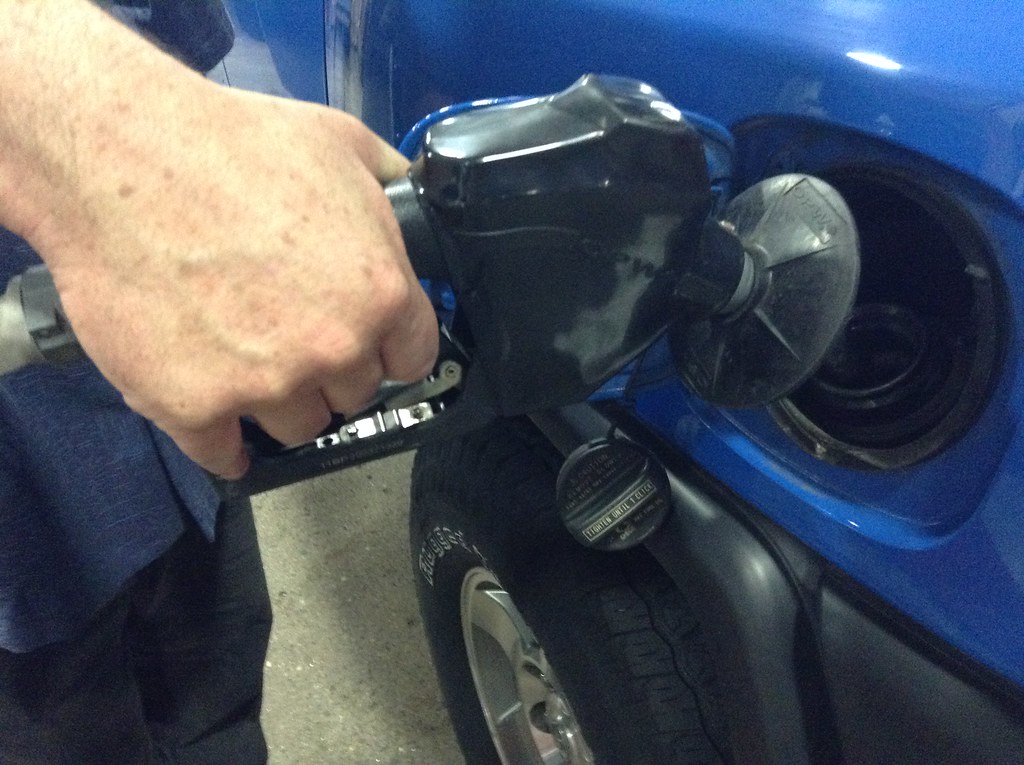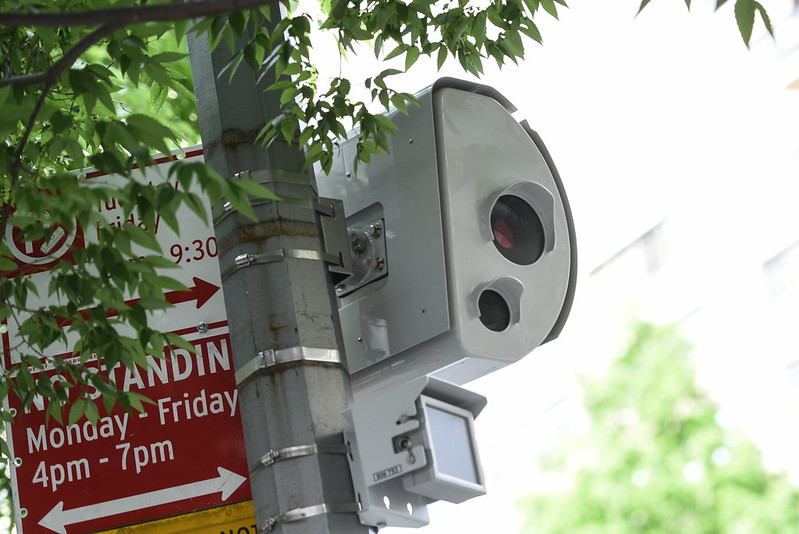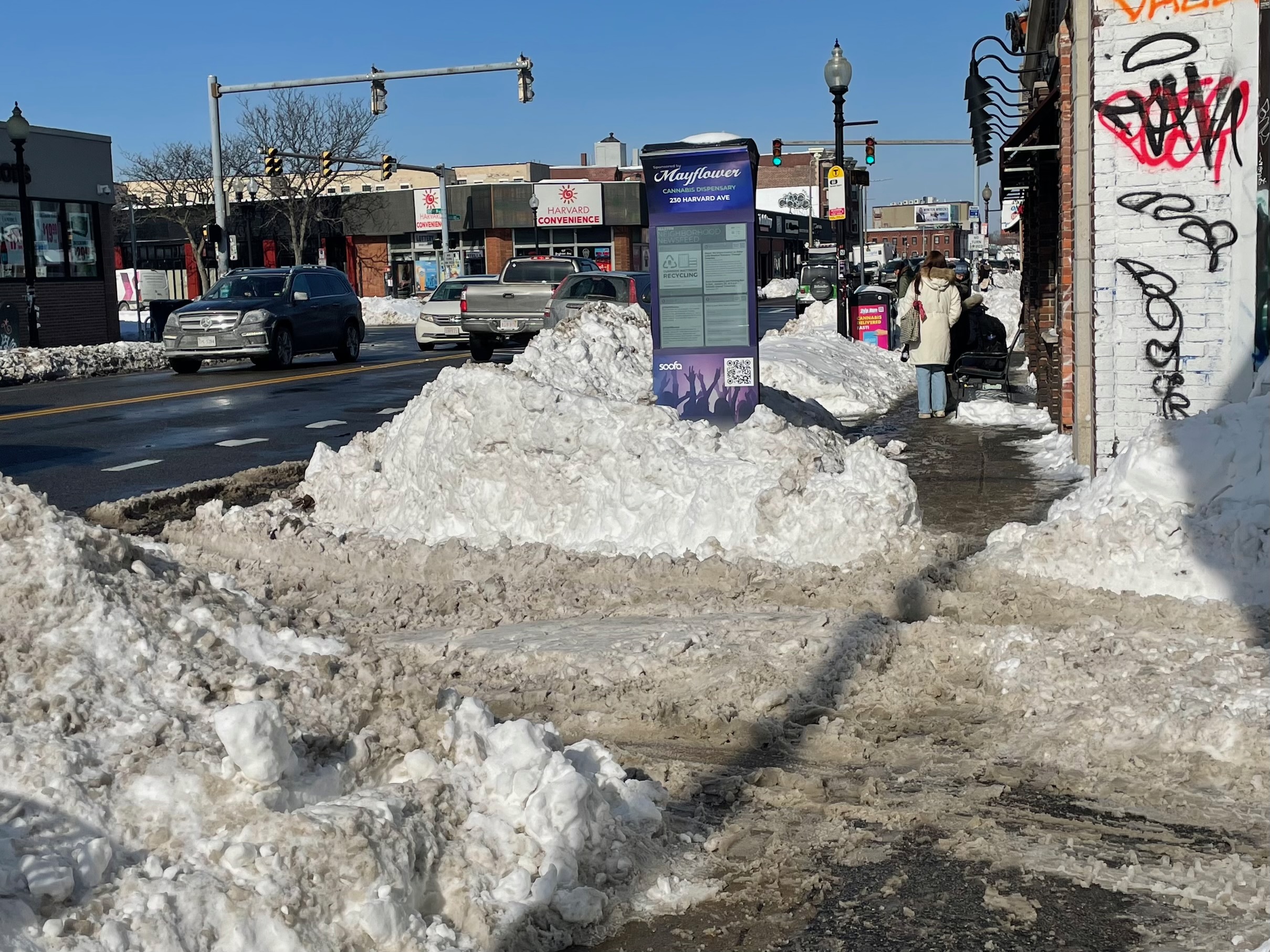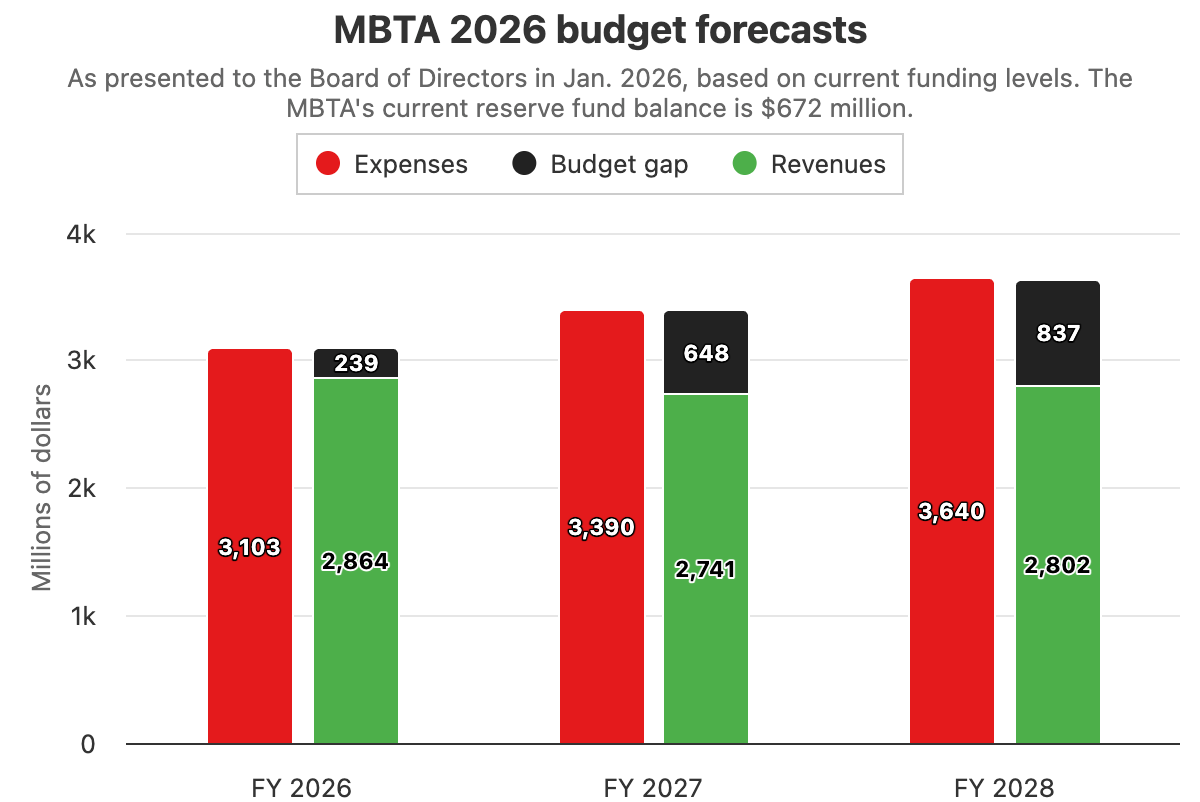While many sustainable transportation advocates champion higher gasoline taxes as a way to pay for transportation improvements, a new report from the Massachusetts Budget and Policy Center (MassBudget) warns that higher gasoline taxes will exacerbate the state's growing income inequality – unless the state simultaneously passes other tax policies to benefit low-income families.
A 10-cent tax increase would cost, on average, 0.20 percent of income for the lowest-income households, and less than 0.001 percent of earnings for households from the highest 1 percent of incomes, according to MassBudget.
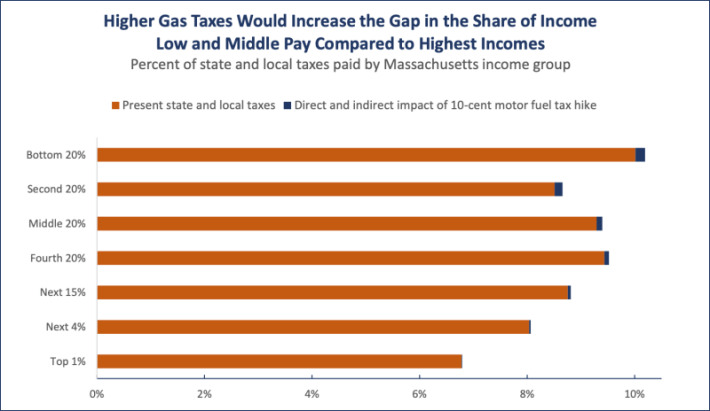
"There are real tradeoffs with the gas tax and it's something that there needs to be a real adult conversation about," said the report's author, Phineas Baxandall of the Massachusetts Budget and Policy Center. "If we’re looking to regressive forms of taxes (to fund transportation improvements), then we need to couple that with other kinds of more progressive tax policies, instead of making Massachusetts less equitable."
Many environmentalists like the idea of a gasoline tax because a higher price on fossil fuels can, over time, influence consumers to drive less.
But MassBudget's report warns that "consumers can be less responsive to prices of gasoline than for many other goods because there are often few viable alternatives to car travel."
Studies of the long-term effects of gas price increases do show that higher gas prices lead to decreased fuel consumption over time, but even then, higher-income households enjoy more flexibility to reduce their fuel consumption: it's much more difficult for a low-income worker to buy a new, more efficient car, or to move closer to a transit station.
And other research suggests that electric cars, which allow their owners to dodge gasoline taxes altogether, remain a niche technology for the elite: a 2017 National Household Travel Survey report found that over two-thirds of the gas tax savings from the use of electric cars went to households with over $100,000 in annual income.
Of course, many of the warnings that this report makes about the effect of gasoline taxes are also applicable to the effects of higher bus and subway fares on poor, transit-dependent households.
And as revenue from the state's relatively low gas tax stagnates, the state's transit agencies are being forced to shore up their operating budgets with similarly regressive fare increases.
While Massachusetts gasoline tax rates have been frozen at 24 cents per gallon since 2014, MBTA single-ride subway fares have increased by 20 percent over the course of three fare hikes in the same period. Fare hikes at some of the state's Regional Transit Authorities have been even more dramatic.
MassBudget acknowledges that gas taxes do play an important role in the state budget, and the paper offers constructive suggestions for mitigating their impacts among low-income earners. The biggest recommendation is for the state to fund an expanded Earned Income Tax Credit (EITC) alongside a higher gas tax.
"Since the EITC benefit is linked to employment income, low-income commuters who drive to work would see both an increase to their gas costs and a boost to their after-tax earnings. The EITC benefit does not diminish the gas tax incentive for households to find ways to reach work without driving, such as through carpooling, taking transit, or walking."
